Syeda Sabrina Akter
The LLM Effect: Are Humans Truly Using LLMs, or Are They Being Influenced By Them Instead?
Oct 07, 2024



Abstract:Large Language Models (LLMs) have shown capabilities close to human performance in various analytical tasks, leading researchers to use them for time and labor-intensive analyses. However, their capability to handle highly specialized and open-ended tasks in domains like policy studies remains in question. This paper investigates the efficiency and accuracy of LLMs in specialized tasks through a structured user study focusing on Human-LLM partnership. The study, conducted in two stages-Topic Discovery and Topic Assignment-integrates LLMs with expert annotators to observe the impact of LLM suggestions on what is usually human-only analysis. Results indicate that LLM-generated topic lists have significant overlap with human generated topic lists, with minor hiccups in missing document-specific topics. However, LLM suggestions may significantly improve task completion speed, but at the same time introduce anchoring bias, potentially affecting the depth and nuance of the analysis, raising a critical question about the trade-off between increased efficiency and the risk of biased analysis.
A Study on Scaling Up Multilingual News Framing Analysis
Apr 01, 2024

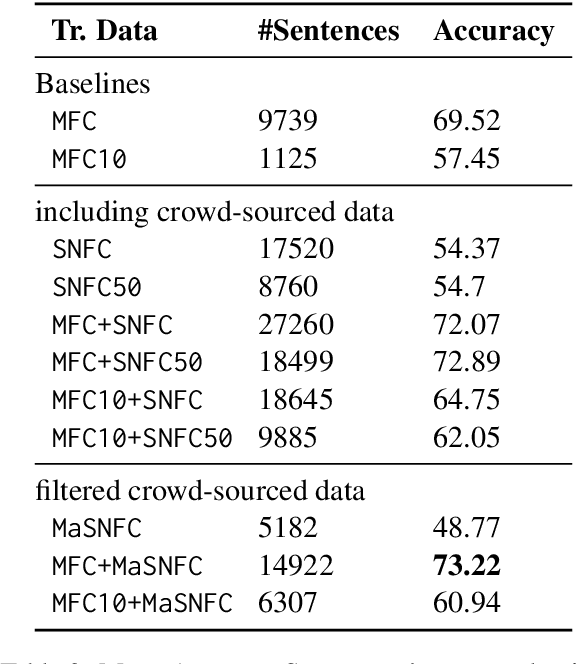

Abstract:Media framing is the study of strategically selecting and presenting specific aspects of political issues to shape public opinion. Despite its relevance to almost all societies around the world, research has been limited due to the lack of available datasets and other resources. This study explores the possibility of dataset creation through crowdsourcing, utilizing non-expert annotators to develop training corpora. We first extend framing analysis beyond English news to a multilingual context (12 typologically diverse languages) through automatic translation. We also present a novel benchmark in Bengali and Portuguese on the immigration and same-sex marriage domains. Additionally, we show that a system trained on our crowd-sourced dataset, combined with other existing ones, leads to a 5.32 percentage point increase from the baseline, showing that crowdsourcing is a viable option. Last, we study the performance of large language models (LLMs) for this task, finding that task-specific fine-tuning is a better approach than employing bigger non-specialized models.
A Survey on the Use of AI and ML for Fighting the COVID-19 Pandemic
Aug 03, 2020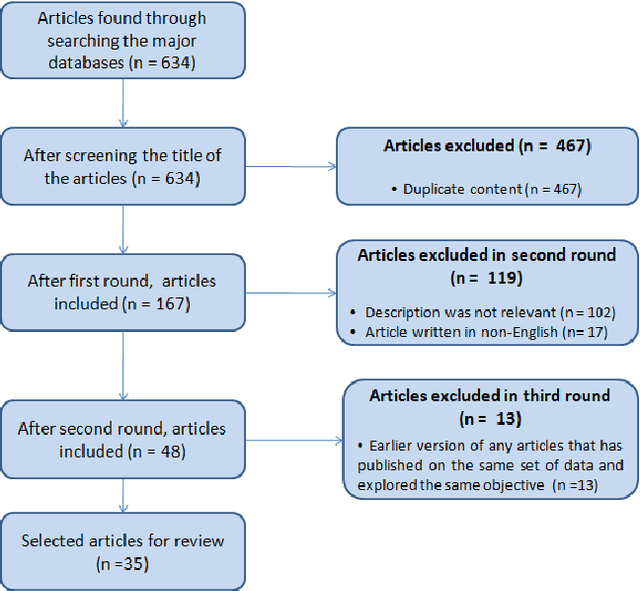
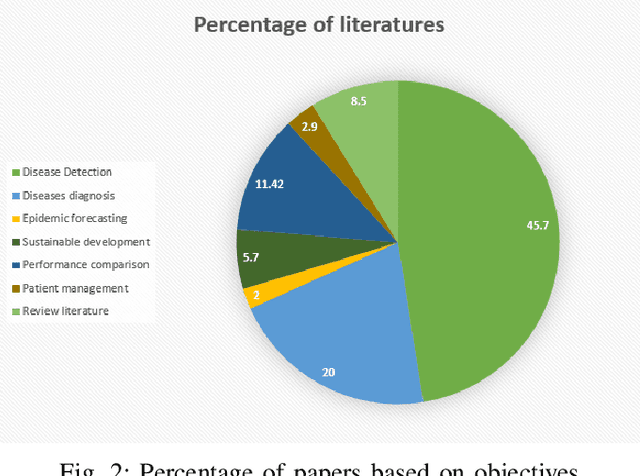
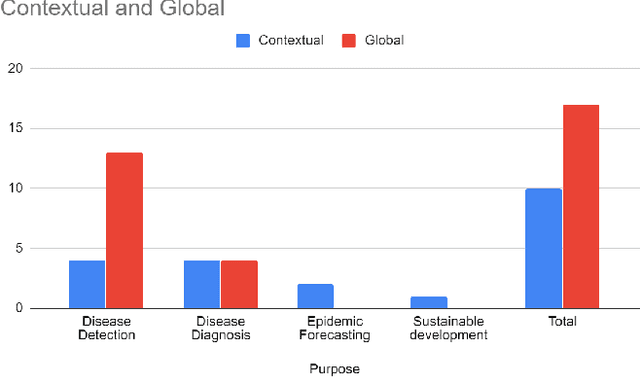
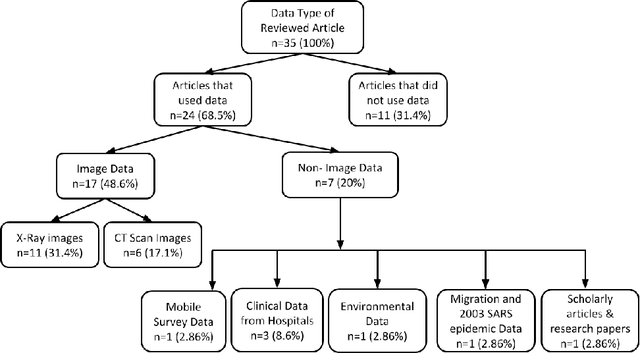
Abstract:Artificial intelligence (AI) and machine learning (ML) have made a paradigm shift in health care which, eventually can be used for decision support and forecasting by exploring the medical data. Recent studies showed that AI and ML can be used to fight against the COVID-19 pandemic. Therefore, the objective of this review study is to summarize the recent AI and ML based studies that have focused to fight against COVID-19 pandemic. From an initial set of 634 articles, a total of 35 articles were finally selected through an extensive inclusion-exclusion process. In our review, we have explored the objectives/aims of the existing studies (i.e., the role of AI/ML in fighting COVID-19 pandemic); context of the study (i.e., study focused to a specific country-context or with a global perspective); type and volume of dataset; methodology, algorithms or techniques adopted in the prediction or diagnosis processes; and mapping the algorithms/techniques with the data type highlighting their prediction/classification accuracy. We particularly focused on the uses of AI/ML in analyzing the pandemic data in order to depict the most recent progress of AI for fighting against COVID-19 and pointed out the potential scope of further research.
 Add to Chrome
Add to Chrome Add to Firefox
Add to Firefox Add to Edge
Add to Edge